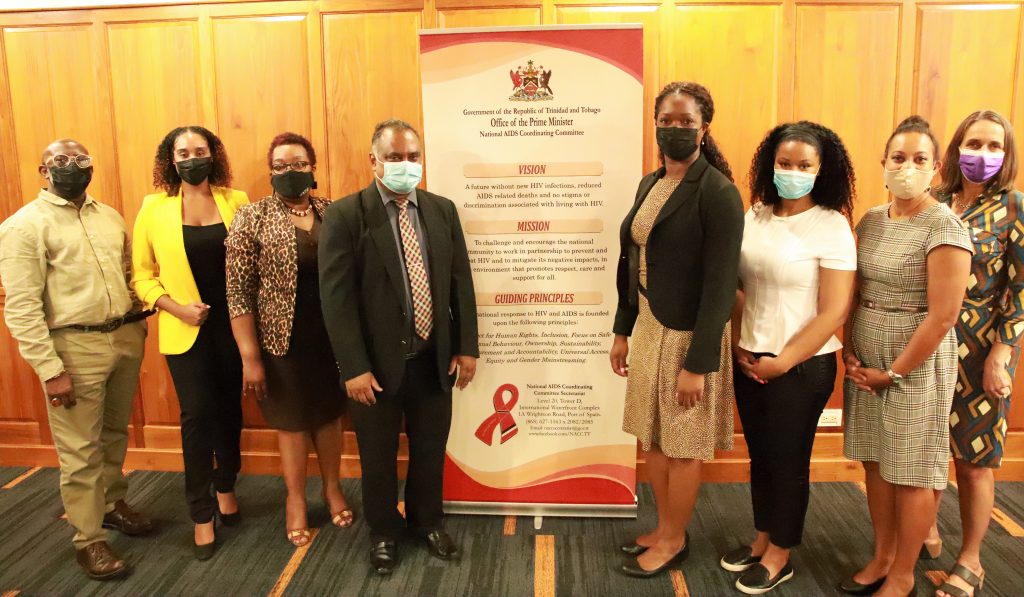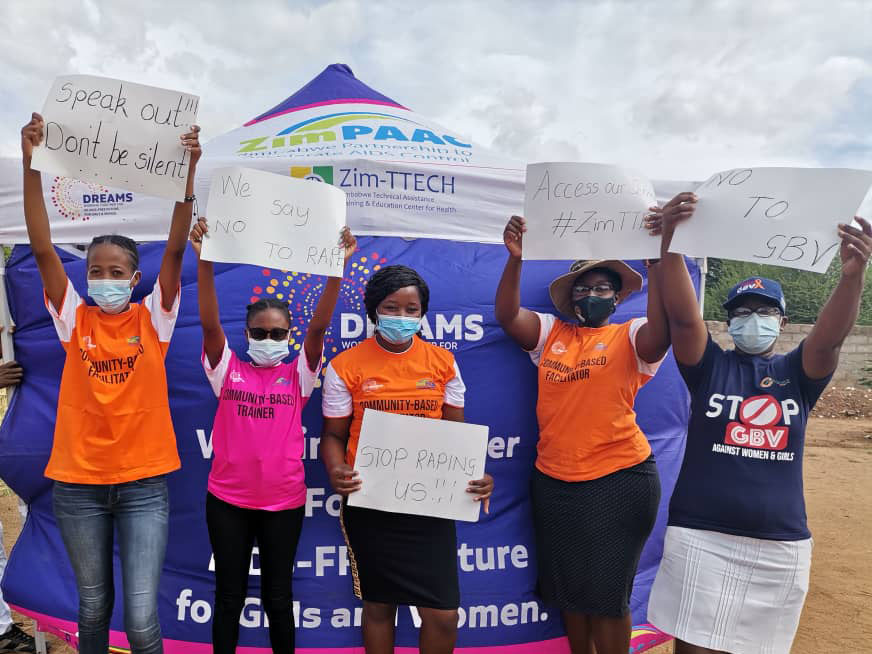
In February 2022, at the advent of the war in Ukraine, the International Training and Education Center for Health (I-TECH) launched the I-TECH Humanitarian Fund to support the work of our team in Ukraine. Many team members remain displaced, away from their homes, and isolated from their families and friends. However, their tireless work continues provide uninterrupted access and services to Ukrainians living with HIV, who are more in need of care and refuge than ever.
Supported by generous donations to the I-TECH Humanitarian Fund, I-TECH Ukraine has been able to advance the work of Eleos-Ukraine, a network of like-minded people and organizations that develop social services through 13 regional offices throughout Ukraine. The common goal of Eleos-Ukraine partners is to feed, clothe, and protect 1 million people in need.
“The compassion and solidarity of our American colleagues and friends with Ukraine and Ukrainians, including those expressed through generous donations to the I-TECH’s Humanitarian Fund just in the first few weeks of the full-scale war, are overwhelmingly moving,” said Anna Shapoval, I-TECH’s Country Representative in Ukraine. “We are eternally grateful.”
To date, the I-TECH Humanitarian Fund has been directed to Eleos’ critical work on behalf of Ukrainian women and girls subjected to sexual violence and other trauma (e.g., incarceration and torture) by the Russian army, notably the development and establishment of the Rehabilitation Shelter in August 2022.
Money from the fund has gone directly to outfitting the shelter with video surveillance, fire alarms, and powerful generators. Thanks to the generators, the shelter had electricity, heat, and internet connection during massive shelling by the Russian Federation in fall and winter 2022-2023.
“We appreciate your cooperation and thank you for helping the citizens of Ukraine during the war,” wrote Eleos-Ukraine Board Chair Serhii Dmytriyev, in a thank you letter to I-TECH Humanitarian Fund donors. “Our joint humanitarian project will help women not just today, at this time of crisis; it will also be important in reducing the consequences of war – which makes it an important contribution to the future of Ukraine!”
Since the shelter opened, more than 150 women from Kyiv, Donetsk, Kherson, Mykolaiv, and Luhansk Oblasts have received help remotely and within the shelter. The duration of a stay in the shelter for one client varies from one to six months and can be extended. The shelter houses 15-20 women and girls as well as their families, with accommodation for up to 30 people.
“Eleos-Ukraine is a truly passionate and efficient organization. They have been at the forefront of response to this war since 2014, the actual start of the Russian invasion,” said Ms. Shapoval. “Eleos put their minds and souls into supporting Ukrainian women and girls, and other civilians, who have suffered from horrifying violence and deprivation daily. They will continue helping people of Ukraine, no matter what – and so, I hope, we as I-TECH will continue supporting groups like Eleos on the ground.”
I-TECH Executive Director Pamela Collins lauded both the Ukraine team’s work with Eleos and those who have contributed generously to the I-TECH Humanitarian Fund. “I am very proud of I-TECH Ukraine’s activities with Eleos to respond to the humanitarian emergency in Ukraine,” said Dr. Collins. “Thanks to our donors, we had the resources to do what I-TECH does well: identify and collaborate with strong partners in the countries where we work to meet urgent needs in a times of crisis.”
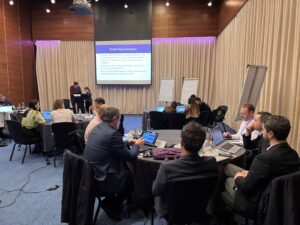
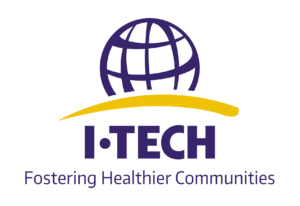
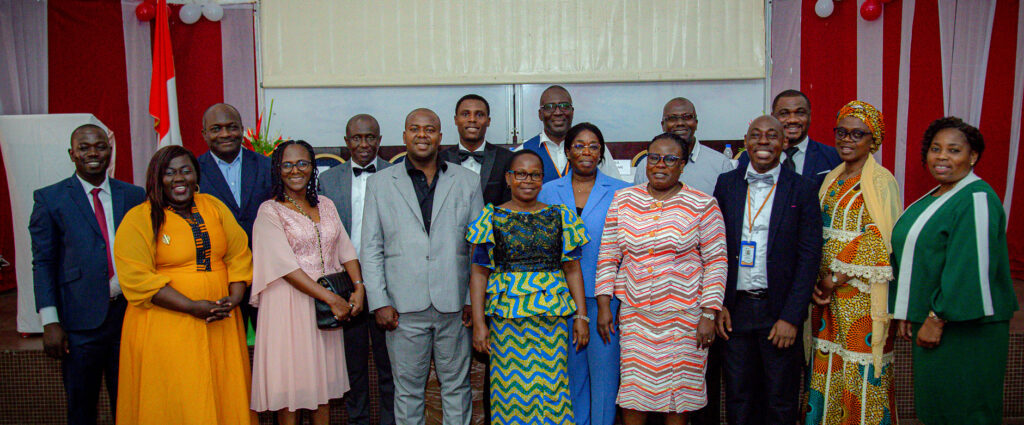

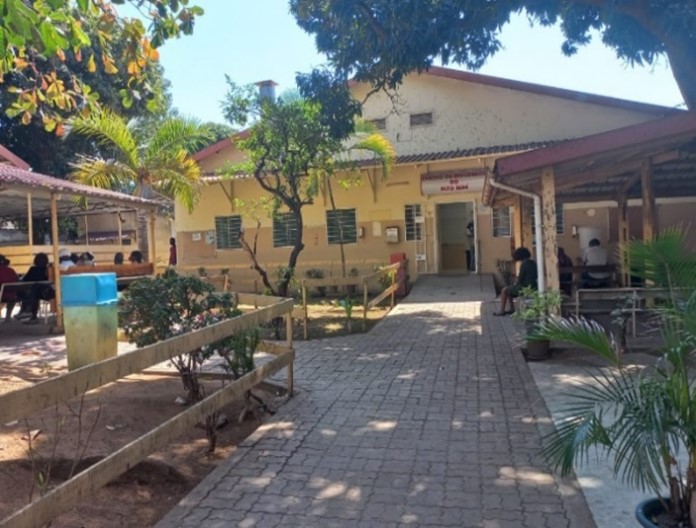
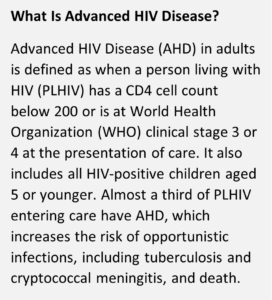

 This story was first reported in
This story was first reported in 